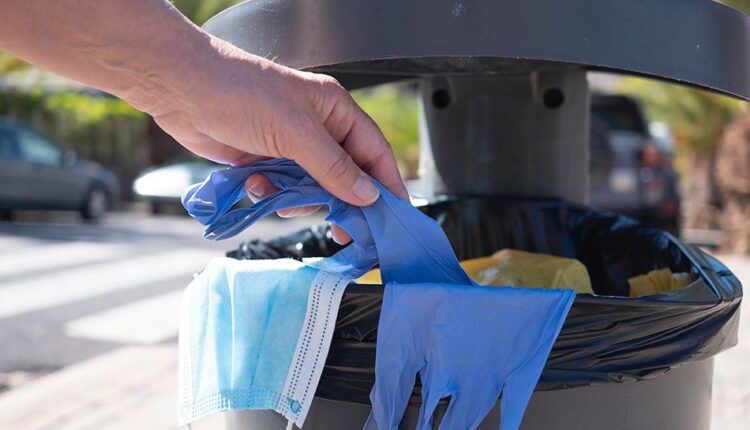What is Medical Waste?
Medical waste is one of the byproducts of many different medical practices. The handling and disposal of this waste are distinct from other forms of waste disposal. Hazardous and biohazardous waste can place many people in danger of exposure to radiation, disease, and other dangerous materials. It is important to be aware of the different types of medical waste and the ways they are handled to ensure that the waste is being disposed of properly, safely, and efficiently.
Different Types of Medical Waste
The Environmental Protection Agency, as well as many medical waste disposal groups, generally classify medical waste into four unique categories: hazardous, radioactive, infectious, and general. The identification of the different types of medical waste is important in determining its method of storage, pickup, handling, transportation, and safe disposal. Being able to label your medical waste under one of the following four classifications will help your medical waste disposal company as well as the government to regulate its disposal and prevent any dangerous accidents or exposure to hazardous or biohazardous material.
-
Hazardous Waste
Hazardous waste is a waste that is not infectious but can still be considered dangerous. This includes anything from sharps, used surgical equipment, some chemicals, and old drugs. Though this type of medical waste is not harmful via infection, it has the ability to impact humans negatively. It is vital to dispose of this waste via a medical waste disposal company such as MedPro Waste Disposal.
-
Radioactive Waste
Exposure to radiation brings many health risks. Radioactive waste is the byproduct of radioactive treatments, such as cancer therapies, and also of medical equipment that utilizes radioactive nuclear isotopes. Any waste that comes into contact with radioactive elements is labeled as radioactive waste. This waste, similar to radioactive waste, needs to be disposed of properly by a trusted medical waste disposal service.
-
Infectious Waste
Infectious waste is identified by its ability to spread infection in humans. Typically, this includes anything contaminated with bodily fluids. Blood, human or animal tissue, bandages, contaminated cultures, dishes or flasks, swabs, or anything else that had come into contact with infectious materials. Infectious waste is a threat to human health and the spread of pathogens and infectious diseases in humans, so the handling and disposal of this waste need to be disposed of safely by a medical waste company like MedPro Waste Disposal.
-
General Waste
General waste is the waste that is not categorized into any of the other categories of medical waste. This waste is similar to a typical household or office waste. However, since it has the potential to come into contact with other biohazardous waste, it is important to continue to practice the safe disposal of this waste. General Waste can include paper, plastics, or other waste products that do not fall into the other three categories or were not exposed to potentially harmful materials.
The Importance of Understanding the Difference Between Waste Categories
Many people may consider medical waste as anything that is a biohazard, such as needles or byproducts of chemotherapy treatment. However, the type of medical waste is important in determining its disposal process. For medical waste that is not biohazardous, such as general waste, incineration is not required but may be used to dispose of it to be safe. The landfill is a safe place to dispose of the majority of general waste. However, more dangerous types of medical waste such as infectious, hazardous, or radioactive waste need to be disposed of in a much more tedious and specific manner. The Environmental Protection Agency handles the regulation of medical waste and the forms of disposal for each category. Medical waste disposal companies are a great resource to find more information on the forms of medical waste disposal and different packages medical practices can participate in to ensure that their medical waste is being disposed of safely and efficiently.
Before disposing of your medical waste, be sure to identify the type of waste so it can be stored properly until it can be picked up and transported to a medical waste disposal facility. Different types of waste should be stored separately from one another to avoid any potential cross-contamination or mishandling of waste. To ensure that your waste is safely and correctly stored prior to pick up and disposal, it may be a good idea to call a medical waste disposal company or the EPA.
To know more, please check MedPro.

